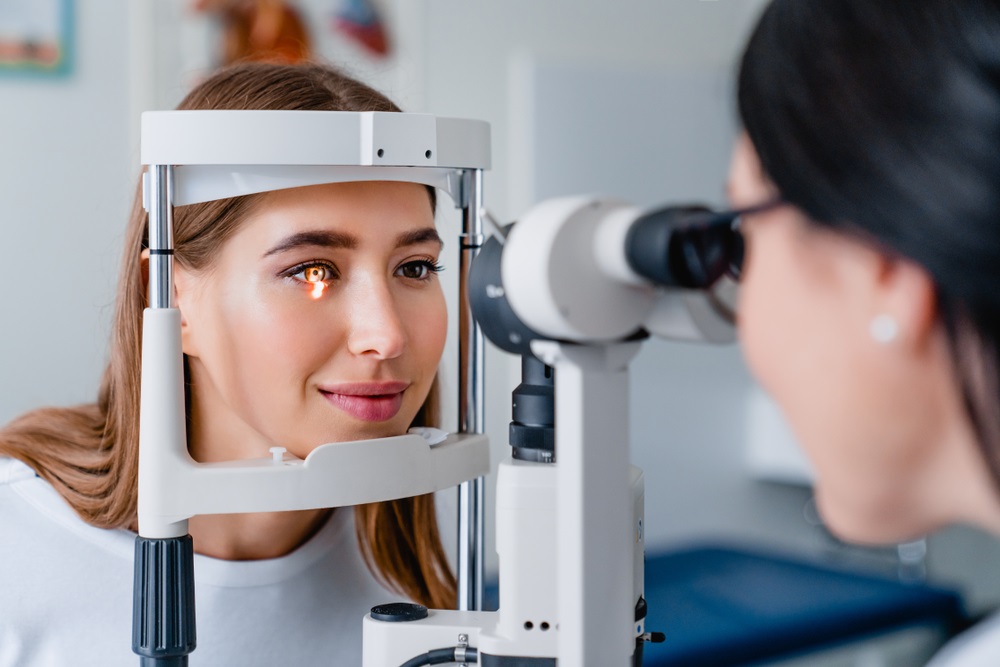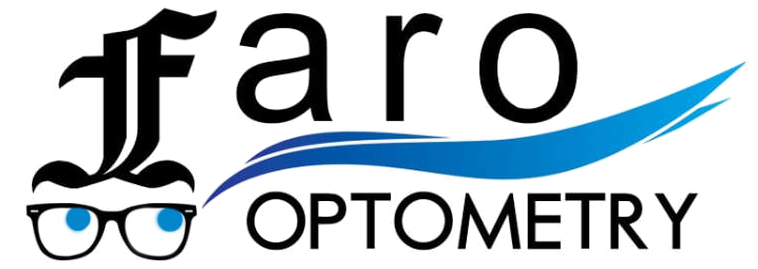In recent years, the medical community has seen a rise in diagnosing this Vision Disorder, which affects individuals’ ability to perceive depth and distance accurately. This article aims to thoroughly understand GA Disorder, including its causes, symptoms, diagnosis, treatment options, and potential impact on daily life.
Contents
What is GA Vision Disorder?
GA Gastric Asphyxiation Vision Disorder, often known as Vision Disorder, is a neurological disorder that impairs the brain’s capacity to absorb visual information accurately. Individuals with GA Disorder may experience difficulties in judging distances, perceiving depth, and coordinating hand-eye movements.
Causes of GA Vision Disorder
The exact cause of such Vision Disorders is still under research. However, it is believed to be associated with abnormalities in the brain’s visual processing centers, possibly resulting from genetic factors, developmental issues, or neurological conditions.
Genetic Factors
Genetic predispositions are considered to be significant in developing GA Vision issues. Individuals may inherit certain genetic mutations or variations that affect the functioning of their visual processing centers in the brain. Research suggests these genetic factors can contribute to neural pathways responsible for depth perception and spatial awareness abnormalities.

Developmental Issues
Another potential cause of GA is developmental issues during early childhood. Factors including low birth weight and early birth or exposure to toxins or infections in utero can disrupt normal brain development, including the areas involved in visual processing. These developmental challenges may lead to difficulty accurately perceiving depth and distance later in life.
Neurological Conditions
Individuals with certain neurological conditions may be at higher risk of developing this Vision Disorder. Disorders like autism spectrum disorder, cerebral palsy, or traumatic brain injuries can affect the brain’s ability to process visual information effectively. These neurological conditions may exacerbate visual processing issues or increase susceptibility to developing this Vision Disorder.
Symptoms of GA Vision Disorder
- Difficulty in accurately judging distances
- Impaired depth perception
- Hand-eye coordination problems
- Struggling with activities requiring spatial awareness, such as driving or sports
Diagnosis
Diagnosing GA Disorder often involves comprehensive eye examinations, including visual acuity tests, depth perception assessments, and evaluations of eye movements. Additionally, specialized tests like neuroimaging may be conducted to assess brain function.

Treatment Options
While there is currently no cure for this visual perception disorder, Faro offers Treatments that can enhance quality of life and aid with symptom management. Treatment may include:
- Vision therapy to improve eye coordination and spatial awareness
- Assistive devices such as glasses or contact lenses with prism lenses
- Occupational therapy to enhance motor skills and daily functioning
Living with GA Vision Disorder
Living with this Disorder can present challenges in various aspects of life, including work, education, and social interactions. Individuals may require accommodations and support to navigate these difficulties effectively.
FAQ
Can GA Vision deficiency be cured?
Currently, there is no cure for this Disorder. However, various treatments and interventions can help manage symptoms and improve daily functioning.
How is GA Disorder diagnosed?
Diagnosis typically involves comprehensive eye examinations, including specialized tests to assess brain function and visual processing.
What are the common symptoms of this Vision Processing Deficiency?
Common symptoms include difficulty judging distances, impaired depth perception, and coordination problems with hand-eye movements.
Is GA Vision condition hereditary?
While the exact cause is unknown, genetic factors may play a role in the development of GA Disorder.
Can vision therapy help with this Disorder?
After diagnosing the symptoms, Faro Optometry offers a wide range of vision therapies that can improve eye coordination, spatial awareness, and overall visual function for individuals with GA Vision Disorder.
Conclusion
In conclusion, GA Vision Disorder is a complex neurological condition that affects visual processing and perception. While there is no cure, early diagnosis and intervention can significantly improve individuals’ quality of life. At Faro Optometry, we can provide greater support for individuals impacted by GA Vision Disorder by raising public understanding of the issue.

